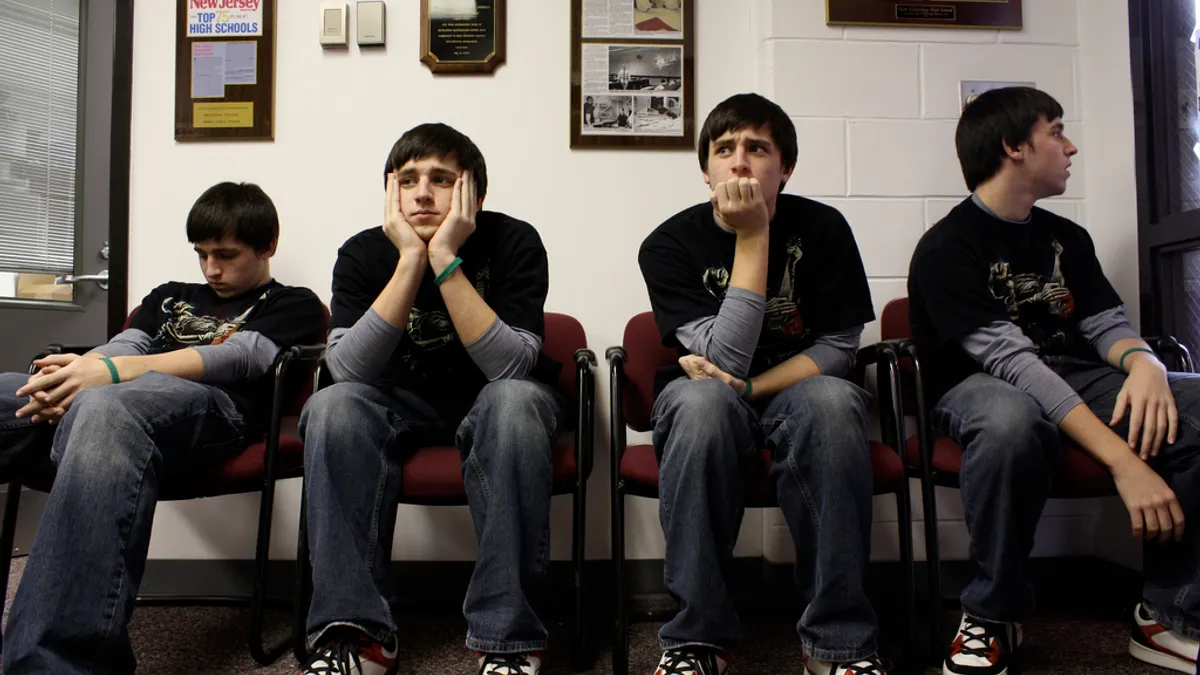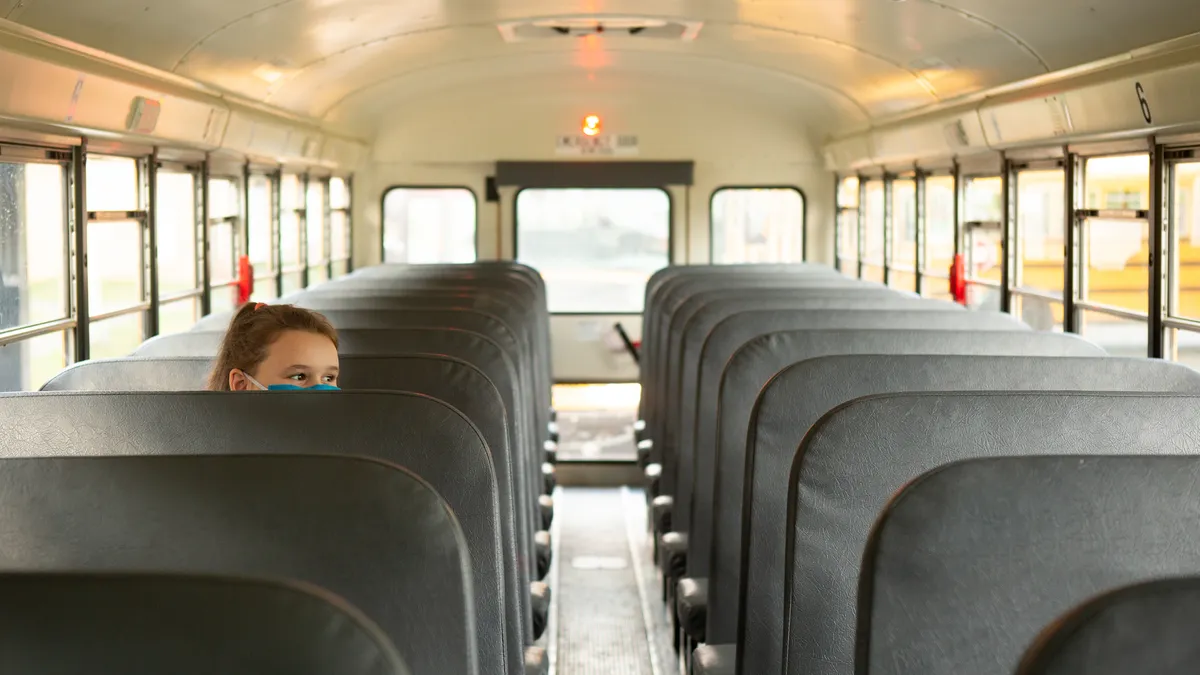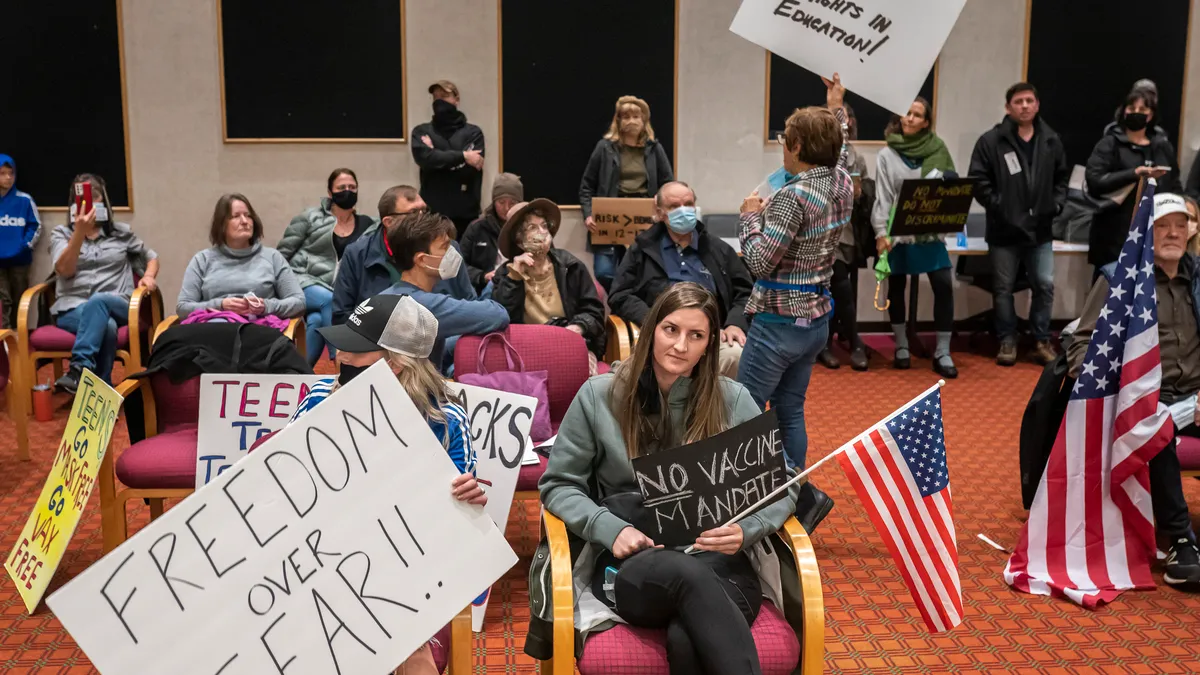Dive Brief:
- The New York City Department of Education announced suspensions and arrests in city schools are down, while AL.com reports zero tolerance policies are still alive and well in 18 Alabama districts.
- The New York Daily News reports the expansion of therapeutic crisis interventions and the hiring of 250 new guidance counselors, as well as 100 mental health consultants, have contributed to the positive trends in the last two years.
- In Alabama, state officials are opposed to zero tolerance discipline policies, which accounted for 169 expulsions in the Huntsville City Schools during the 2013-14 school year — more than half of the total zero tolerance-related expulsions statewide — but even Huntsville is reconsidering its methods and planning to implement the Positive Behavioral Interventions and Supports program.
Dive Insight:
Zero tolerance is an example of a policy that sounds good on paper but can be disastrous in practice. It makes sense to say there are certain offenses that should not be defended. In practice, however, extenuating circumstances frequently create reasons to pause. Harsh discipline policies have historically been unevenly meted out, with black and brown children more likely to face the consequences. Civil rights advocates have pointed to zero tolerance as a major contributor to the school-to-prison pipeline.
Beyond the PBIS program, schools have turned to restorative justice as a strategy to improve school culture while addressing disciplinary infractions. MyTeachingPartner, the Stop & Think Social Skills program, the Virginia Student Threat Assessment and RIDE Online Behavior Intervention Bank are four other alternatives to zero tolerance policies.














